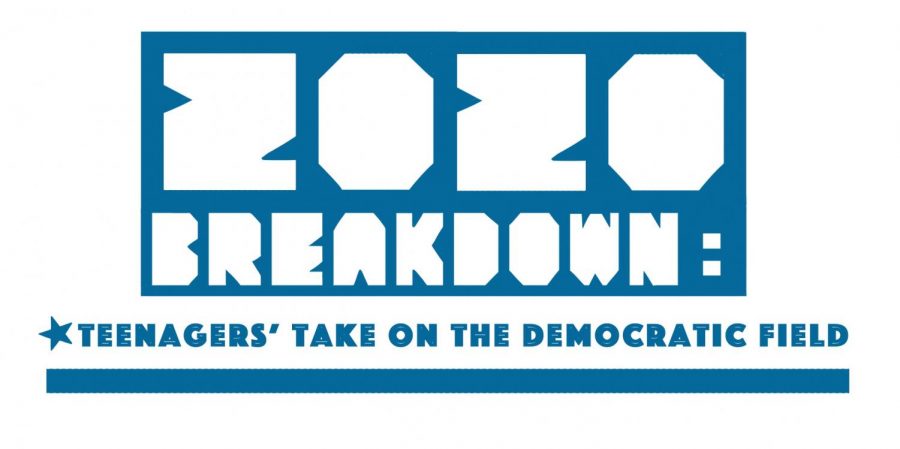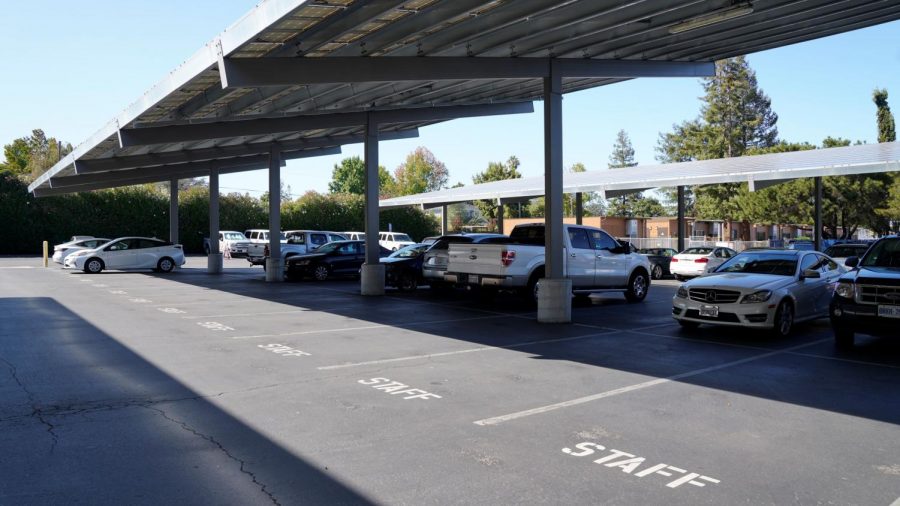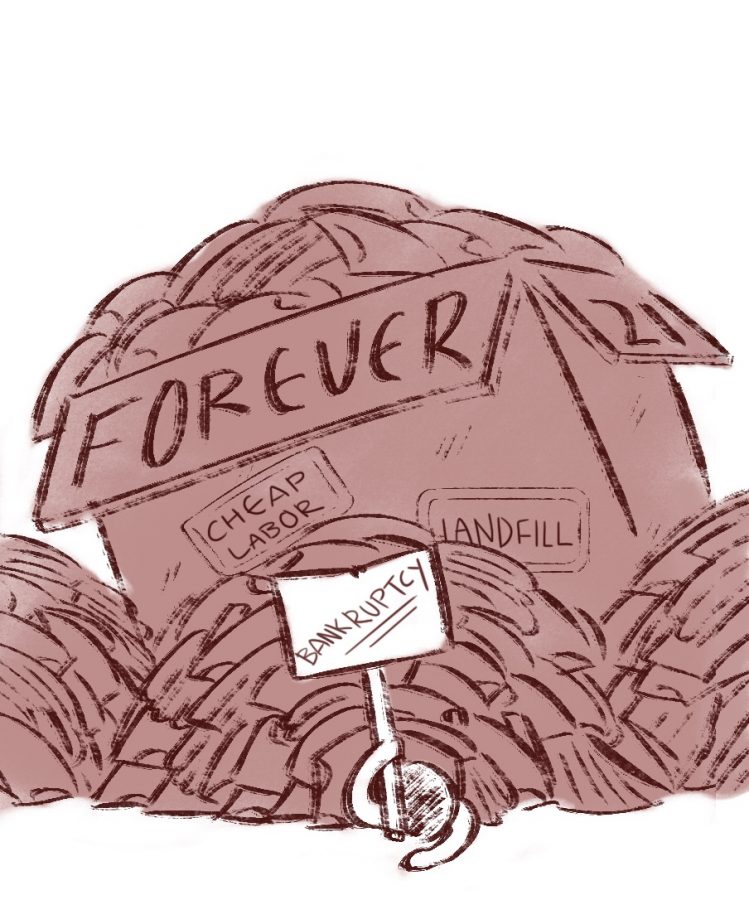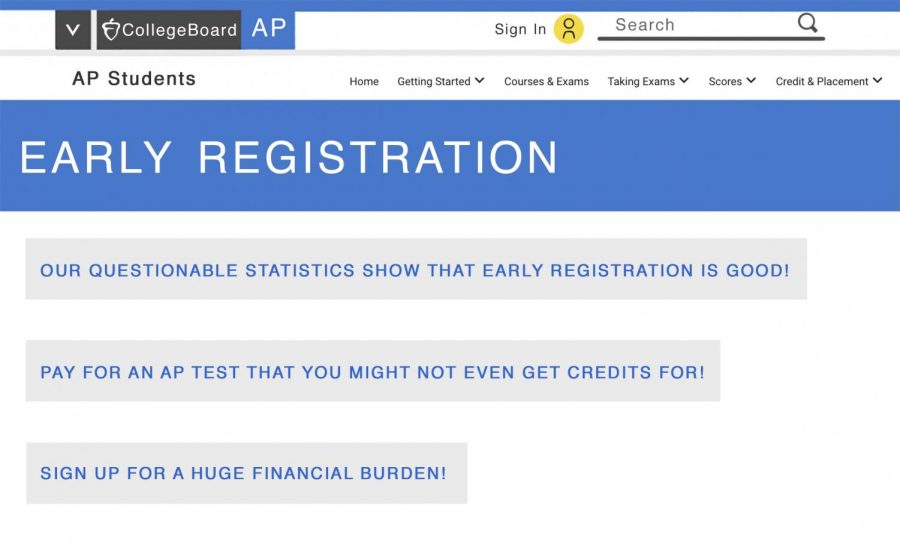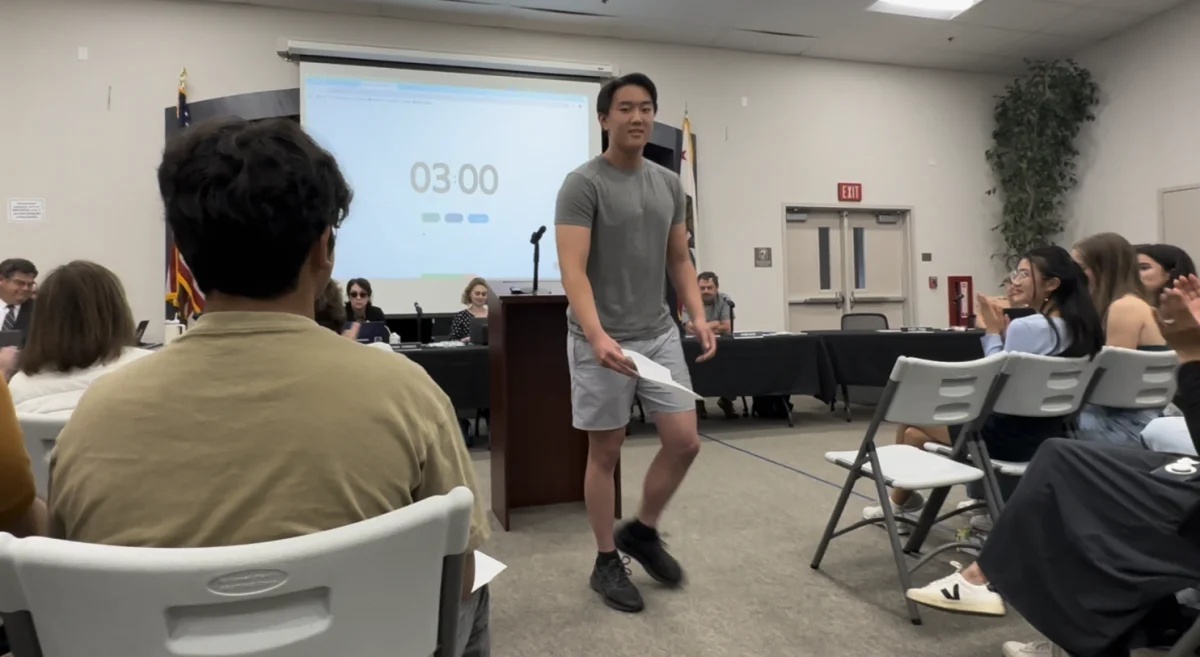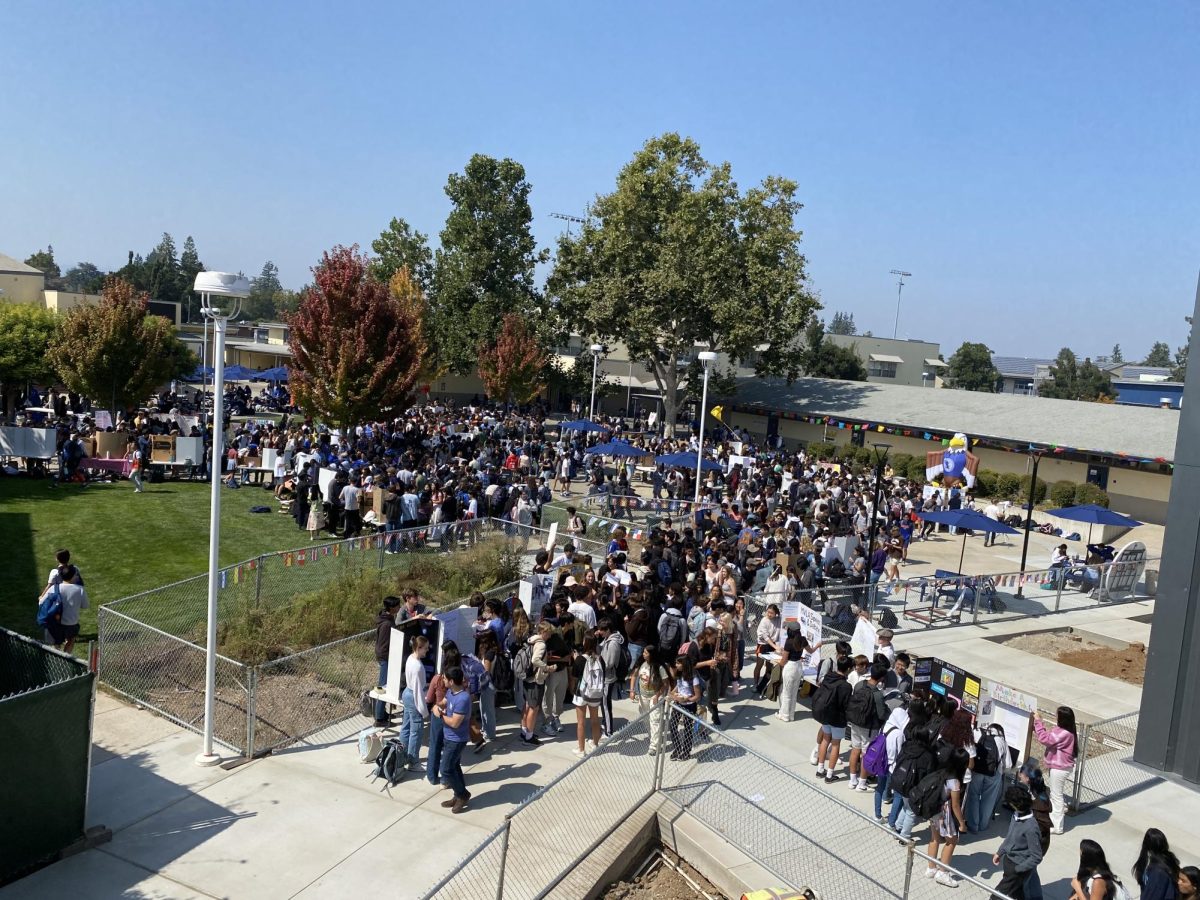Of the four major sports leagues in the United States, the National Football League (NFL) now has the harshest punishment for first-time domestic violence offenders. The changes to the policy bring the NFL into a more progressive phase, one where such a conviction cannot be dismissed lightly. On August 28, Roger Goodell, Commissioner of the NFL, announced via a publicly-released letter to team owners that after a first offense, a player will be suspended for six games without pay. A second offense results in an indefinite but at least year-long suspension. The changes are a step in the right direction, but more clarity is needed on their application.
Though Goodell’s letter provides explicit direction for punishment after a player has been convicted of domestic violence, it does not mention what to do after an arrest but before a conviction, leaving NFL teams to act however they choose and creating discrepancies within the league.
On August 31, Ray McDonald, a defensive end for the San Francisco 49ers, was arrested on charges of felony domestic violence. Yet head coach Jim Harbaugh made the choice to start McDonald in a game days afterward, citing due process of law. Because McDonald has not been formally convicted of the felony, the 49ers say they will believe McDonald’s claims of innocence until the law proves otherwise, though overwhelming evidence points against McDonald. Other teams have chosen to act differently.
Greg Hardy, a defensive end for the Carolina Panthers, was arrested on May 13 for assaulting a woman and found guilty by a judge on July 15. To appeal the decision, he requested a jury trial, which begins November 17. The Panthers allowed Hardy to play in a Week 1 game, saying that his case was still open under the law. After pressure from fans, Hardy was deactivated before the season’s second game. On September 17, Hardy was placed on the Exempt/ Commissioner’s Permission List, which bars him from all team activity, a far cry from the way McDonald’s situation was handled.
Though both cases are open under the law, the Panthers listened to fan outrage over Hardy’s being allowed to play and responded in kind. Though there has been outcry over the 49ers’ inaction, nothing has been done. The new policies outlined in Goodell’s letter speak of the NFL working as a singular unit against domestic violence, but words are not enough. The NFL’s actions must reflect this philosophy and its actions must be consistent.
Neither McDonald nor Hardy has been formally convicted of the felony in the eyes of the law. And allegations are just allegations; they do not equate a conviction. However, consistency is needed, especially if evidence overwhelmingly suggests that a crime has been committed. Goodell’s letter does not address this situation and it must.
“Since becoming Commissioner, my focus has been on ensuring that the NFL is held in the highest regard by our fans, players, business partners, and public authorities,” Goodell wrote.
The new policy on domestic violence is a step toward reaching this regard, but it remains to be seen if the NFL can accomplish the more difficult and more necessary task: enforcing the changes and enforcing them consistently.



